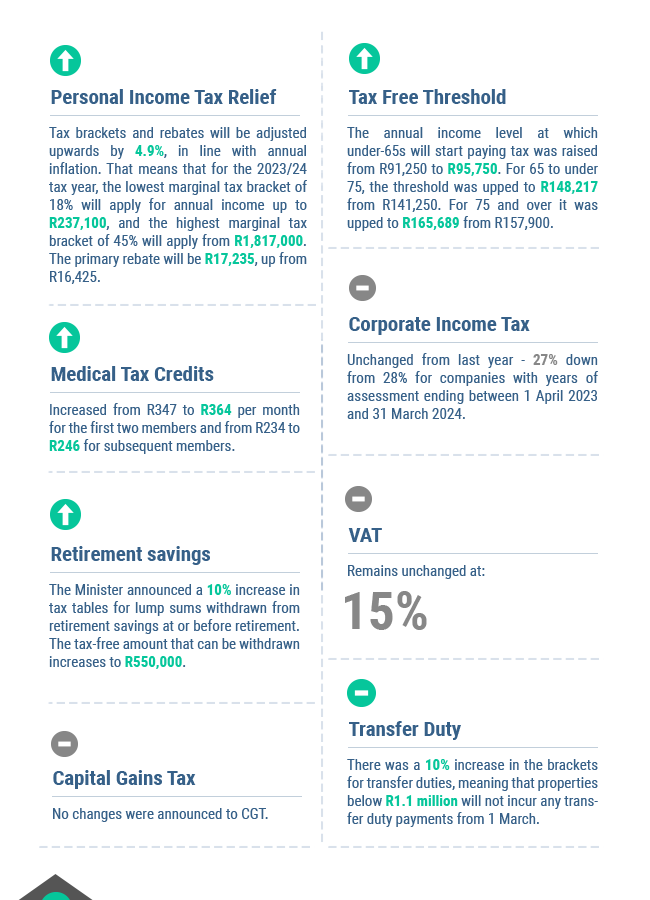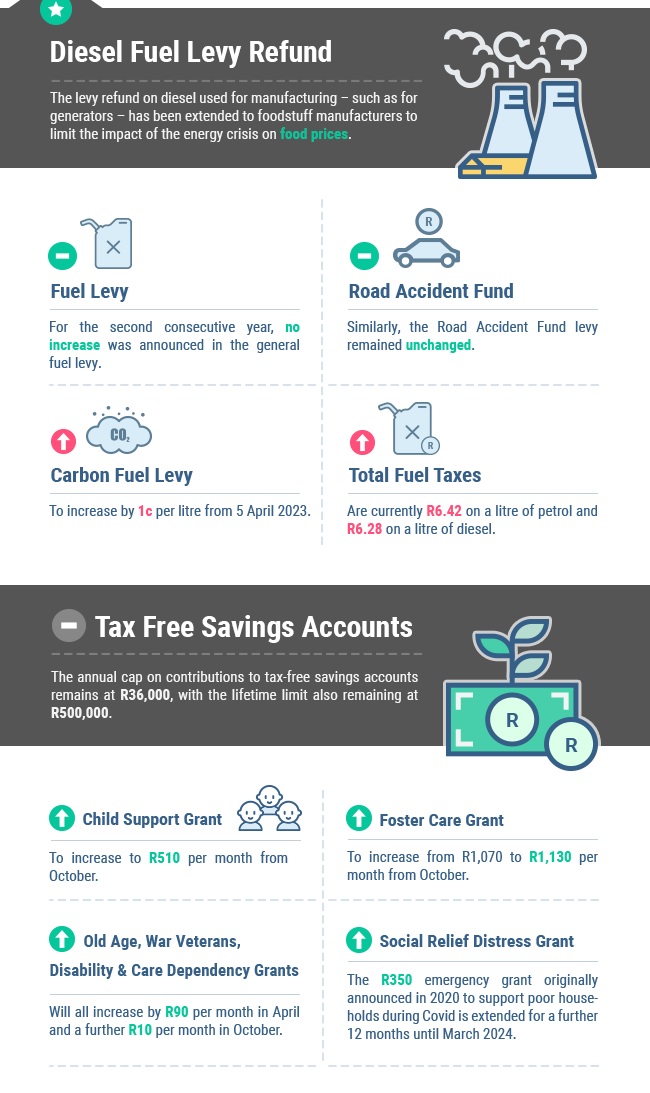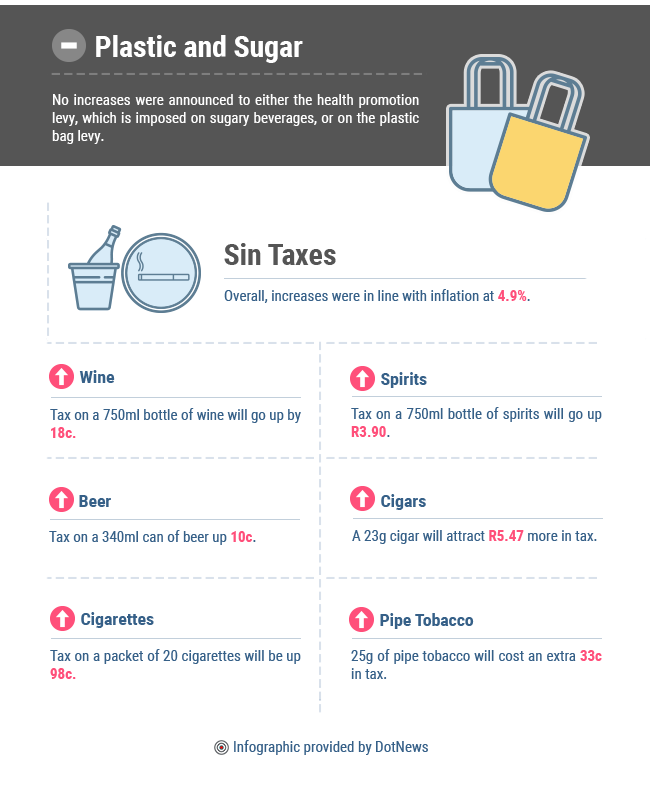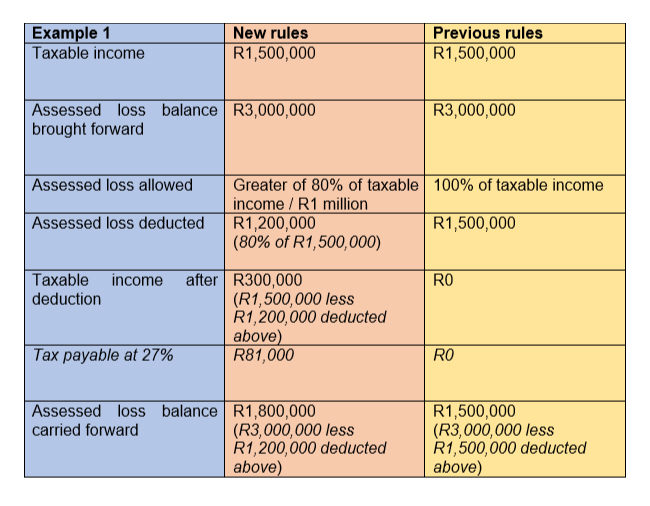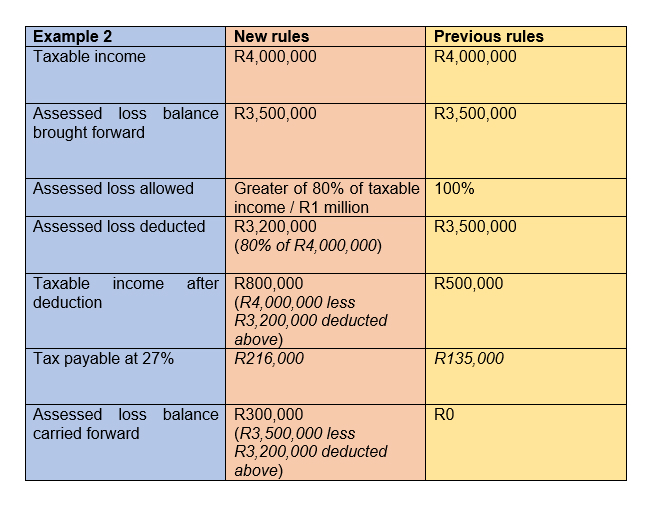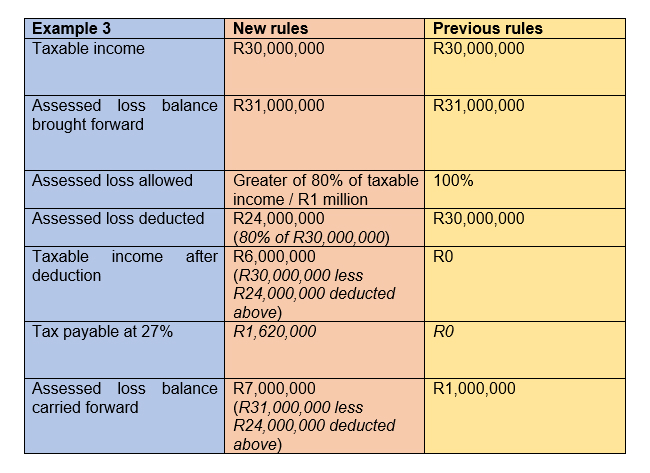
“Your most unhappy customers are your greatest source of learning” (Bill Gates)
If you have founded a business then there is little less certain than that at some point in the future, you will get a bad review. It’s simply impossible to please all of the people all of the time, which is why many business owners say they don’t worry too much about reviews and try to keep on doing their best. The sad part is, they really should be worrying about their reviews, both good and bad.
A series of recent reports suggest that there is little as damaging to a modern business as bad reviews that go unanswered. With 91% of all 18 to 34-year-olds saying they trust online reviews as much as recommendations from a friend and as many as 93% of all customers saying they check reviews before buying, the impact of a company’s online reviews is obvious. But there’s more – you should respond to all reviews, both good and bad. According to the BrightLocal Local Consumer Review Survey 2022, 57% of all consumers say they would be ‘not very’ or ‘not at all’ likely to use a business that doesn’t respond to reviews at all.
Under this climate it might seem that, while a good review could gather new customers, getting a bad review could be a death knell for your company. Fortunately, all kinds of reviews are good opportunities to show off your company, turn experiences around, and even gather customers. Assuming you do the right things. Here then is how you should be handling your online reviews.
Track your reviews
The first step is to make sure you know when and where a new review has been written about your company. How can you possibly respond to something you don’t know exists? Once you know a review is up, you need to react quickly. It’s no good responding years later.
Two different sites will help you to track and respond to reviews across the internet and may become valuable tools for managing your reviews as well.
First is Google my Business which not only allows you to manage and track your online reviews but can also help with sending information to clients and promoting your business. All it takes is a free account and you can help potential new customers find your business and ensure they get the information they need. Having positive Google Reviews can often be critical when it comes to customers making buying decisions.
In South Africa, Hello Peter has established itself as a core place to review companies and for companies to respond. While it can be more expensive to respond as a business, there are definite benefits and keeping tabs on your Hello Peter reviews will help you to know exactly where you stand.
Professional accounts on other sites like Trust Pilot or Media Tool Kit can also help you to track and interact with customer reviews. If you are a new company this may seem like an unnecessary or unwarranted expense, but as already seen, it can also be one of the most valuable tools you can use. If you are battling to find the space in your budget, it is highly recommended that you speak to your accountant about how to streamline and maximise your finances to ensure it can be afforded.
Respond to all reviews, good and bad
As already established, it’s absolutely vital that you respond to reviews, whether they are good or bad. According to the Local Consumer Review Survey 2022, 89% of consumers are ‘highly’ or ‘fairly’ likely to use a business that responds to all of its online reviews.
For a good review, you should of course thank the customer for their kind words (see some tips on how best to do that here), and you can also ask them if they would be open to you using what they said in future marketing. A bad review takes a little more finesse. While most sites give you the option to turn off reviews, avoid the temptation to do so. The worst thing you can do is censor your customers. According to Oberlo, 62% of customers say that they won’t buy from brands that censor reviews.
It’s not necessarily about what they said
For a bad review you may be tempted to reject what the reviewer is saying. Do not do this. The person reading your reviews is much more likely to side with the person leaving a review, even if they are being unfair or wrong. Instead, take this as an opportunity to show how good your customer service is. Those reading the review will understand that sometimes things go wrong and want to see how you react when they do, or how you react to unfair or mistaken criticism.
Customers who write reviews are desperate to be heard and understood. It is therefore vital that your response to a bad review does more than simply apologise. You need to show the customer that you are listening. This is done by looking into their particular experience, responding directly to that and clearly acknowledging how they are feeling. Ultimately, nothing is going to make this customer more upset than ignoring the way they feel or trying to invalidate their emotions.
Instead, take a minute to express their feelings are valid – “I am sorry for how you feel”, then back that up with what you are going to do to fix it. Describe the facts of their case, and show you know whom you are speaking to, then explain what will be done to correct their unhappiness. Conclude by asking if there is anything else you can do.
If it looks like the review process is going back and forth online, ask the customer for their contact details so you can respond personally. Never ask them to contact you. Asking them to contact you elsewhere suggests you are simply trying to hide your response while giving them the personal attention of a phone call makes them feel like they have been heard.
What to do with fake reviews
There is a third kind of review, one that can be even more damaging than a really bad review and those are reviews written by bots or fake accounts. Usually, these reviews are damaging simply because they tend to use much more emotive language. The reviews are never casually negative, but rather fumingly angry and as there will never be a response from the complainant, can make it look like you never resolved the problem.
Fake reviews are easy to spot. Usually, the reviewer will have no personal information, and their reviewing methods will be inconsistent. Additionally, their reviews are far more likely to link out to third-party products or websites. Often the review they left for you will be repeated on other sites and for other brands as well, so do a Google search to determine if this is the case.
Luckily handling them is simple, but it must be done. Simply find the administrator contacts for the review site and alert them to the fact that you have been fake reviewed with whatever evidence you have on hand. This should be enough to get those reviews taken down.
Ask for reviews
The final and best way to handle a bad star rating for your company is to ask happy clients to post positive reviews. If someone sends you an email or letter thanking you, why not pop them an email with a link asking them if they would consider leaving a formal review? WordStream has some more tips for you here. According to the Local Consumer Review only 3% of consumers will even consider using a company that has only 1 or 2 stars from reviews, down from 14% in 2020, so ensuring you keep that star rating up is going to be critical to your future success.



